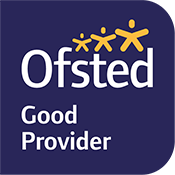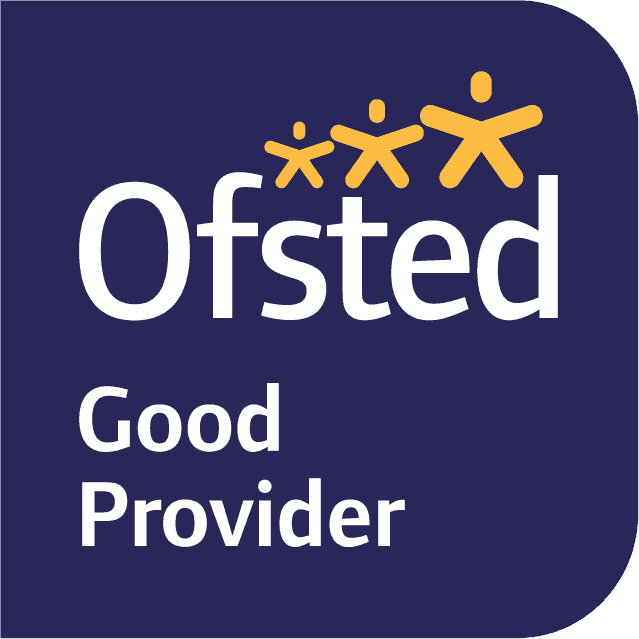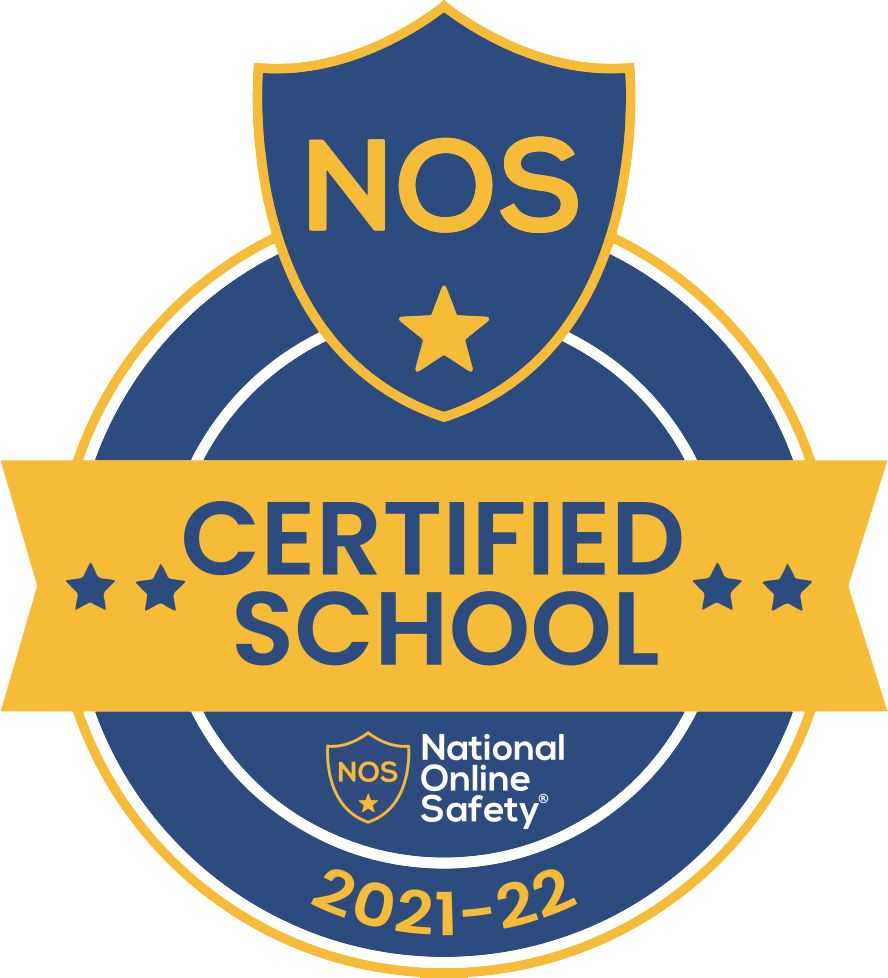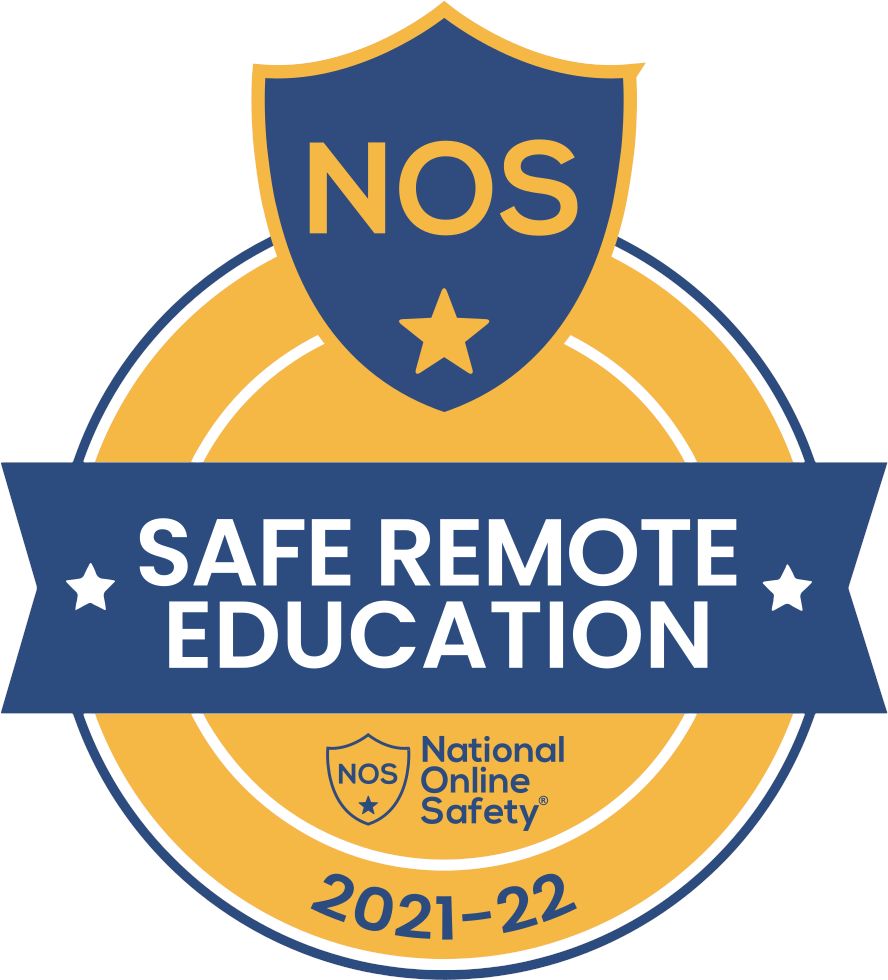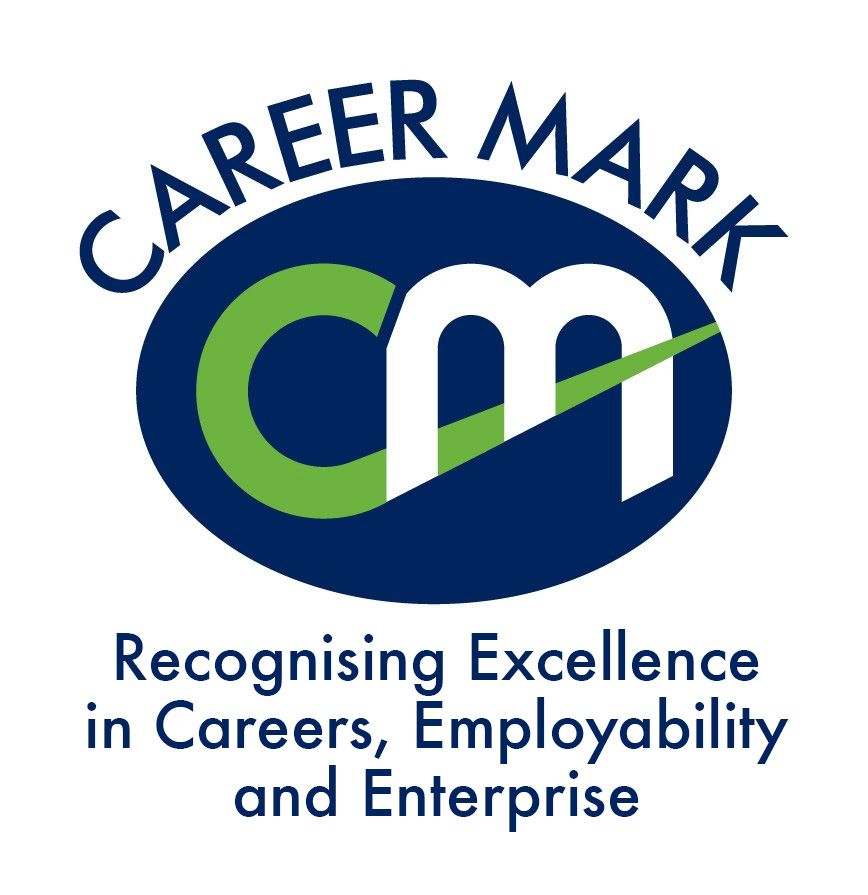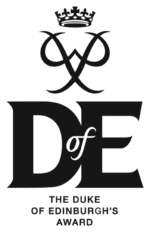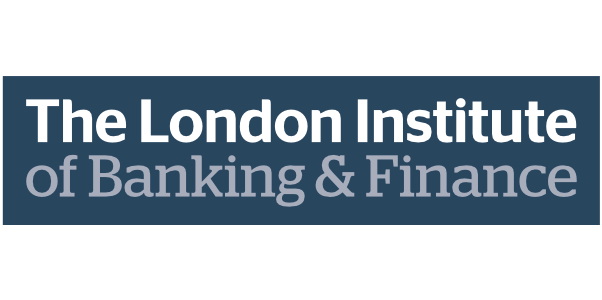Information Technology
Information Technology Subject Intent:
Our intent is comprised of the following 3 sections:
- Our vision for the subject/faculty and the purpose it serves for our pupils
- Defining what the key concepts and core domains of knowledge are, that pupils will learn about
- The end points our curriculum is working towards
- Our vision
Aspiration
- To inspire every student to have the 21st century skills and develop their I.T. capability, knowledge and literacy, while becoming an informed and adept user of technology and have the basis of I.T. as a lifelong skill, which will prepare them for an integrated society dominated by I.T. developments.
Core knowledge
- R050 I.T. in the digital world which is an exam unit. They will learn the theoretical knowledge and understanding to apply design tools for applications, principles of human computer interfaces and the use of data and testing in different contexts when creating IT solutions or products. In addition, the uses of Internet of Everything and the application of this in everyday life, cyber-security and legislations and the different types of digital communications software, devices, and distribution channels.
- R060: Data manipulation using spreadsheets students will learn the skills to be able to plan and design a spreadsheet solution to meet client requirements. They will be able to use a range of tools and techniques to create a spreadsheet solution based on their design, which they will test. Students will be able to evaluate their solution based on the user requirements. This enables students to understand how they would solve I.T. issues using real world scenarios.
- R070: Using augmented reality to present information. In this unit, students will learn the purpose, use and types of augmented reality (AR) in different contexts and how they are used on different digital devices. They will develop the skills to be able to design and create an AR model prototype, using a range of tools and techniques. Students will also be able to test and review their AR model prototype. This leads into to the development of new and exciting technology development.
Skills
Students will understand and apply the fundamental principles and concepts of IT, including the use of IT in the digital world, Internet of Everything, data manipulation and Augmented Reality. They will be able to understand, apply and use IT appropriately and effectively for the purpose and audience whilst develop learning and practical skills that can be applied to real-life contexts and work situations. We encourage our students to think creatively, innovatively, analytically, logically, and critically developing independence and confidence in using skills that would be relevant to the IT sector and more widely. Skills are gained in planning, designing, creating, testing, and evaluating/reviewing IT solutions and products which are fit for purpose and meeting user/client requirements and apply design and Human Computer Interface (HCI) while understanding the impacts of digital technologies on the individual, organisation, and wider society.
Developing cultural capital
Students will have access to guest speakers and emerging examples of technology and a variety of case studies that indicate the need and uses of I.T. for now and the future. Students will have the opportunity to investigate local, and national businesses to base their coursework ideas on and pitch to them new devices that could help many different sectors.
Developing character
Enables our students to develop and practice a range of independent study skills, planning, designing, creating, testing, and evaluating/reviewing. This will enable a level of confidence and maturity in their abilities.
Identifying and addressing context specific need
Students are supported in lessons if there is the need. Tasks are mark banded which is differentiated in terms of ability specific expectations. The units in this course teach students the power of being a confident and literate I.T. professional, understanding the legislations and safety surrounding the digital world and the ability to professionally and accurately use and range of software and hardware to deal with real world concepts.
Learning is sequential
The three units are sequenced in such a manner that allows students to use prior knowledge and develop their understanding while confidentially applying key terms, developing their literacy and communication skills. Students are taught the theory and understanding to apply design tools for applications, principles of human computer interfaces and the use of data and testing in different contexts when creating IT solutions or products.
- Our key concepts and core domains of knowledge
At Key Stage 4, learners will study Cambridge National Level 2 IT. Over the life of the course, learners will study:
- Unit R050 I.T. in the digital world which is an exam unit. They will learn the theoretical knowledge and understanding to apply design tools for applications, principles of human computer interfaces and the use of data and testing in different contexts when creating IT solutions or products. In addition, the uses of Internet of Everything and the application of this in everyday life, cyber-security and legislations and the different types of digital communications software, devices, and distribution channels.
- R060: Data manipulation using spreadsheets students will learn the skills to be able to plan and design a spreadsheet solution to meet client requirements. They will be able to use a range of tools and techniques to create a spreadsheet solution based on their design, which they will test. Students will be able to evaluate their solution based on the user requirements. This enables students to understand how they would solve I.T. issues using real world scenarios.
- R070: Using augmented reality to present information. In this unit, students will learn the purpose, use and types of augmented reality (AR) in different contexts and how they are used on different digital devices. They will develop the skills to be able to design and create an AR model prototype, using a range of tools and techniques. Students will also be able to test and review their AR model prototype. This leads into to the development of new and exciting technology development.
At Key Stage 5, learners will study a Cambridge Technical Extended Certificate in I.T. Over the life of the course, learners will study:
- Exam Unit 1: Fundamentals of IT students will develop a sound understanding of IT technologies and practices is essential for IT professionals. Information learnt in this unit will provide a solid foundation in the fundamentals of hardware, networks, software, the ethical use of computers and how business uses IT. Knowledge gained in the study of this unit will also help prepare you for relevant industry qualifications such as CompTIA A+, CompTIA Mobility+ and Cisco IT Essentials
- Exam Unit 2: Global information this will demonstrate the uses of information in the public domain, globally, in the cloud and across the internet, by individuals and organisations. Students will discover that good management of both data and information is essential, and that it can give any organisation a competitive edge. Students will understand the legislation and regulation governing information that flows into and out of an organisation and the constraints and limitations that apply to it. You will also learn the relationship between data and information. Knowledge gained in the study of this unit will also help prepare you for relevant industry qualifications such as VM Ware.
- Exam Unit 3: Cyber security to enables students to gain knowledge and understanding of the range of threats, vulnerabilities and risks that impact on both individuals and organisations. You will learn about the solutions that can be used to prevent or deal with cyber security incidents resulting from these challenges. and information. Learning within this unit will also support the delivery of the Cisco Cyber Security and CompTIA A+, CompTIA Security+, CompTIA Mobility+ qualifications. The unit also refers to UK government cyber security initiatives, for example, the UK government’s The UK Cyber Security Strategy, Cyber Essentials Scheme, 10 Steps Strategy, and Cyber Streetwise
- The end points of our curriculum
|
Year 10 |
Year 11 |
Year 12 |
Year 13 |
|
||||
|
Understand the purpose and content of pre-production
Be able to plan pre-production
Be able to produce pre-production documents
Be able to review pre-production documents
Understand game creation hardware, software and peripherals
Be able to plan the creation of a digital game
Be able to review the creation of a digital game |
Students will understand digital game types and platforms.
Be able to plan a digital game concept.
Be able to design a digital game proposal.
Be able to review a digital game proposal.
Understand the uses and properties of interactive multimedia products.
Be able to plan the interactive multimedia product.
Be able to create interactive multimedia products.
Be able to review interactive multimedia products. |
Students will understand computer hardware
Understand computer software
Understand business IT systems
Understand employability and communication skills used within an IT environment
Understand what is meant by cyber security
Understand the issues surrounding cyber security.
Understand measures used to protect against cyber security incidents.
Understand how to manage cyber security incidents. |
Students will understand where information is held globally and how it is transmitted
Understand the styles, classification and the management of global information
Understand the use of global information and the benefits to individuals and organisations
Understand the legal and regulatory framework governing the storage and use of global information
Understand the process flow of information
Understand the principles of information security
Understand what is meant by the Internet of Everything (IoE)
Be able to repurpose technologies to extend the scope of the IoE
Be able to present concept ideas for repurposed developments |
|
||||
|
|
|
|
|
|
|
|
||
Year 7 and Year 8 end points are the same due to the introduction of the Microsoft Associate Certificates and both year groups will therefore have the opportunity to complete these.
** Please note that this is the current specification which changes for 2022 teaching and should be finalised in the autumn of 2021. This will be updated once the specification is finalised.**

